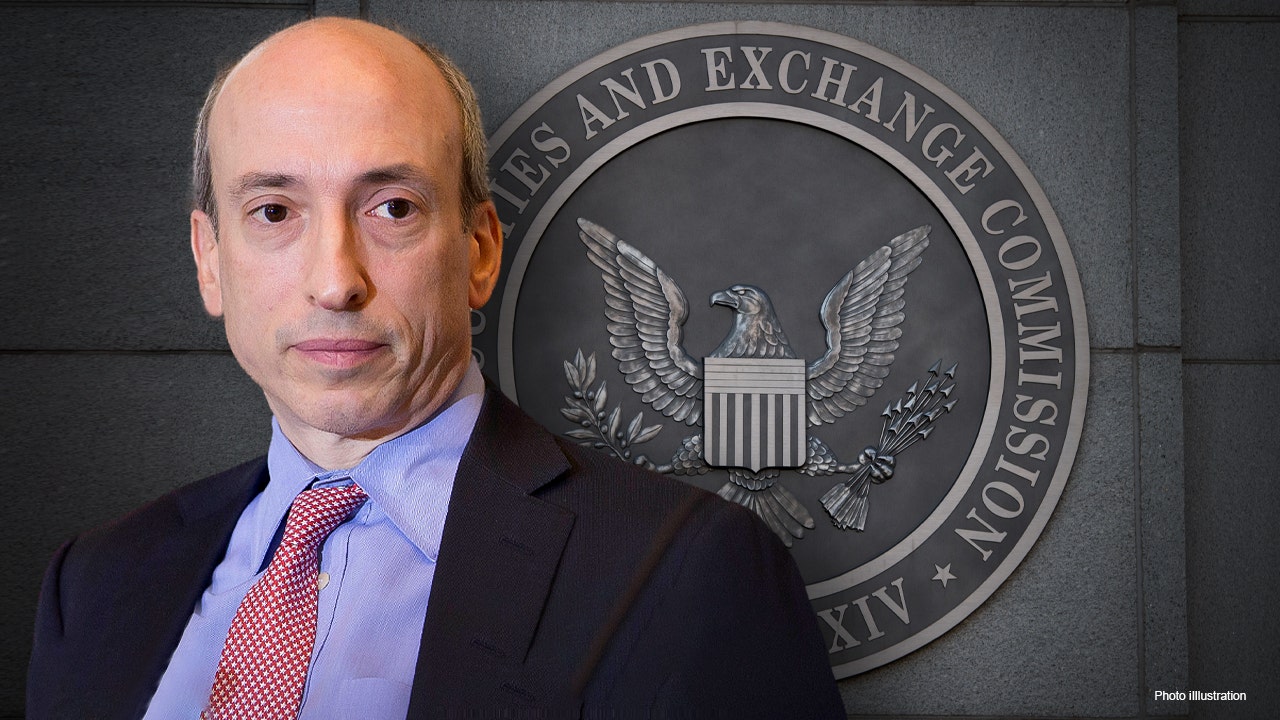Crypto Clash: 18 US States Accuse SEC of 'Unconstitutional Overreach' in Digital Asset Crackdown

Exclusive: The Securities and Exchange Commission (SEC) faces mounting legal pressure over its handling of the burgeoning digital asset industry. On Thursday, a coalition of 18 state attorneys general filed a lawsuit in a Kentucky district court, accusing the SEC and its commissioners of exceeding their constitutional authority and unfairly targeting the £2.4 trillion cryptocurrency sector.
The lawsuit, filed in collaboration with the DeFi Education Fund, a crypto advocacy group promoting sound policy in the decentralised finance space, alleges that the SEC's aggressive regulatory approach violates fundamental principles of federalism. This approach, the lawsuit argues, has stifled innovation, disrupted the financial industry, and undermined state-led regulatory efforts designed to protect consumers and foster economic growth.
At the heart of the dispute lies the SEC's assertion that most cryptocurrencies, excluding bitcoin and ether, are securities subject to its oversight. However, industry players, legal advocates, and numerous members of Congress believe that the SEC's stance is overly broad and that some cryptocurrencies should be classified as commodities under the purview of the Commodity Futures Trading Commission (CFTC).
This lack of clear regulatory framework and the SEC's aggressive stance have created a regulatory vacuum for the digital asset sector, leaving businesses operating in a precarious state.
The 18 state attorneys general argue that the SEC's imposition of penalties and restrictions on digital asset platforms without a clear regulatory framework has introduced significant risks to one of America's fastest-growing economic sectors. They claim that the SEC's approach is not only unconstitutional but also stifles innovation and disrupts the financial industry.
The lawsuit, filed by attorneys general from Kentucky, Nebraska, Tennessee, West Virginia, Iowa, Texas, Mississippi, Montana, Arkansas, Ohio, Kansas, Missouri, Indiana, Utah, Louisiana, South Carolina, Oklahoma, and Florida, highlights the growing frustration with the SEC's handling of crypto.
The SEC's approach to digital assets has become a major political issue, with industry stakeholders pushing for regulatory clarity. This issue was a prominent feature of the recent US election campaign, with now President-elect Donald Trump pledging to champion the industry and end the SEC's perceived "war on crypto."
With Republicans now controlling both the House and the Senate, there is a strong expectation that the new Congress will take steps to curb the power of overzealous regulators.
"Last week, the American people went to the polls and soundly rejected the weaponization of the federal government," said Kentucky Attorney General Russell Coleman. "The Biden-Harris Administration's unlawful crypto crackdown has targeted the tens of millions of ordinary people who are taking part in this vibrant digital market. Along with conservative AGs across the country, we're filing this challenge to cut the bureaucracy down to size."
The lawsuit argues that the SEC's actions infringe on the states' rights to regulate their own economies and that the SEC's regulatory overreach is unconstitutional, citing principles of federalism and the separation of powers.
"We are thrilled to have the opportunity to join Kentucky, Nebraska, and 16 other states in bringing this lawsuit against the SEC's overreach and anti-innovation policies on digital assets. DeFi, and crypto broadly, promises to make financial services and the digital economy more accessible, efficient, interoperable, dependable, and consumer-focused," said Miller Whitehouse-Levine, CEO of the DeFi Education Fund.
The lawsuit is a significant development in the ongoing debate over the regulation of cryptocurrencies, and it remains to be seen what impact it will have on the SEC's approach to the industry.





